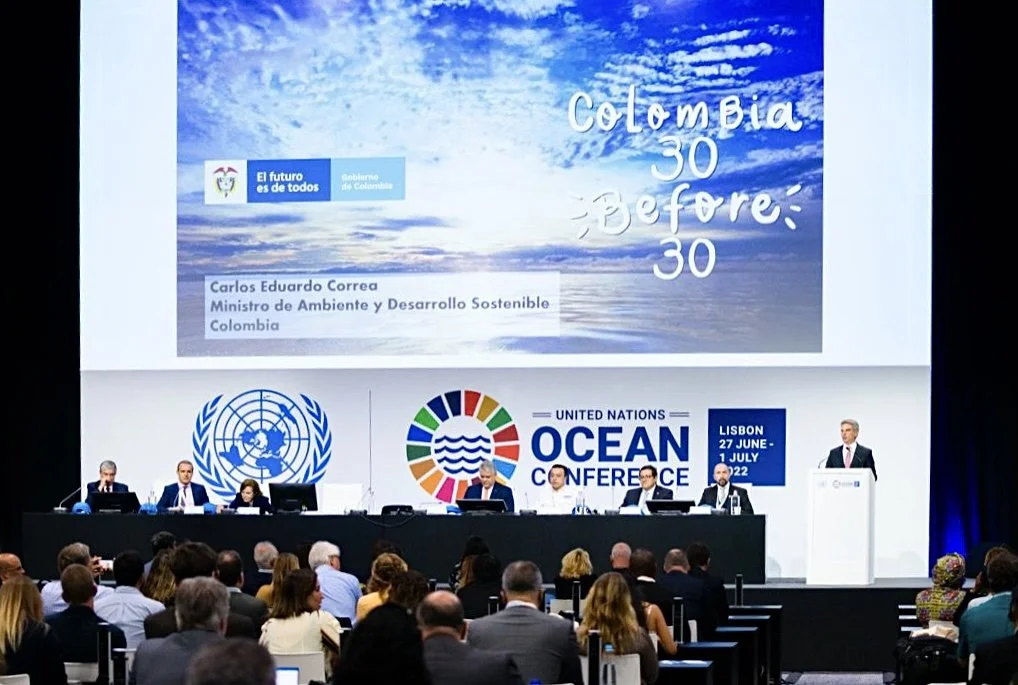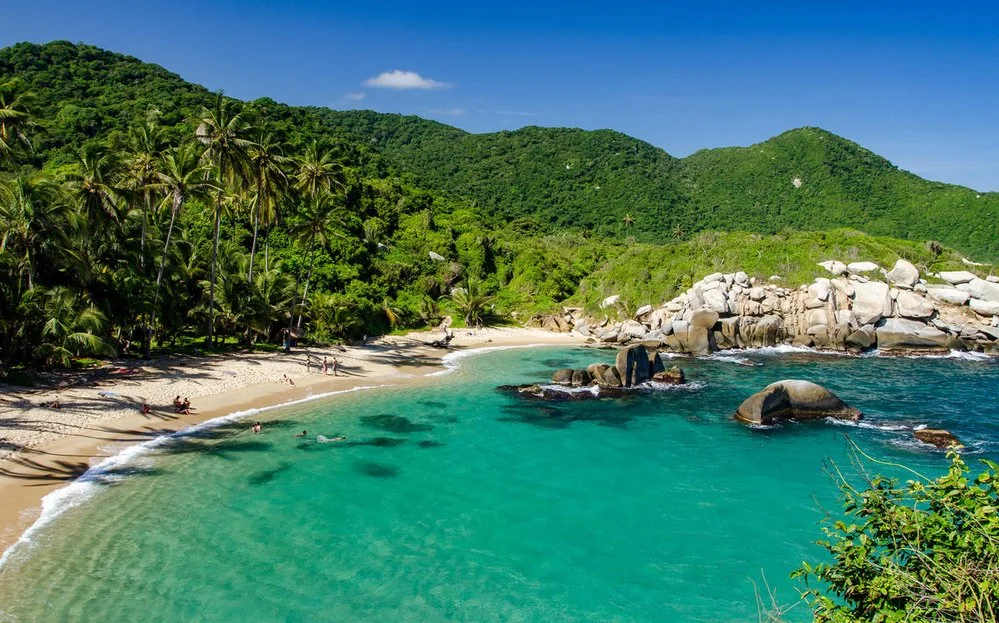On Thursday 23rd June, a coalition of community, public sector, and private sector partners – including WWF – met with leaders from the Government of Colombia to sign a joint declaration launching the Herencia Colombia (HECO) conservation initiative.
From left to right: President Iván Duque announcing the HECO initiative at an event at the Casa de Nariño with Pedro Orlando Molano, director de Parques Nacionales Naturales and Carlos Eduardo Correa, ministro de Ambiente y Desarrollo Sostenible / © Foto Ministerio de Ambiente y Desarrollo Sostenible / © WWF Colombia
The announcement, made during an event at the Casa de Nariño in Bogotá, declared that a $245 million fund has been secured to permanently protect new and expanded areas in the heart of the Amazon, the San Lucas Mountains, the Central Andes, the Orinoco Transition and the Caribbean Coast. A total of 32 million hectares of iconic Colombian landscapes and seascapes.
This initiative will facilitate significant progress toward Colombia’s 30X30 target to protect 30% of its land and 30% of its seas by 2030.
In addition to this, 5 days later at the UN’s Ocean Conference in Lisbon, Portugal, President Duque announced that HECO will also include the creation of 2 new marine protected areas in the Caribbean and in the Pacific, and the expansion of 2 existing areas in the Santuario Malpelo and the Distrito Integrado de Manejo Yurupari.
UN Ocean Conference in Lisbon, Portugal / © Sandra Valenzuela / WWF Colombia
Conservation areas, including those categorized as ‘protected areas’, are gigantic carbon sinks that as well as being rich in biodiversity also provide a source of income and basic needs – such as fuel, water and food – to communities around the world. However, to achieve their full potential, these areas need long-term sustainable funding, political support and ambitious policies.
WWF uses a financial approach called Project Finance for Permanence (PFP) to tackle the insufficient and short-term funding that is often made available for the management of conservation areas. Over the years, the PFP model – adapted from a Wall Street practice called ‘project finance’ – has proved to be a sustainable and efficient way of funding complex conservation projects, and WWF is forging important partnerships with government officials and NGO representatives, as well as with public and private funders, to ensure programs have the necessary resources to succeed.
“The crises of climate change and biodiversity loss stand as the two great challenges of our time. And we know that the conservation of nature can help both.”
– Carter Roberts, President and CEO of WWF-US
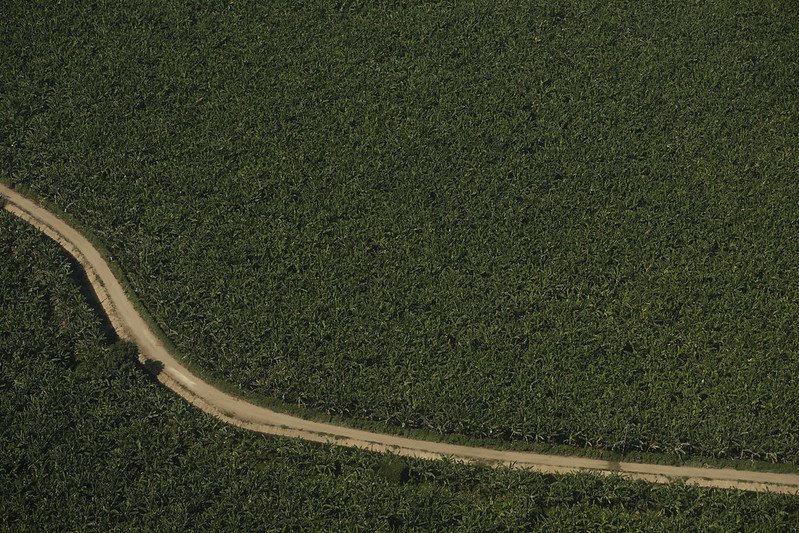
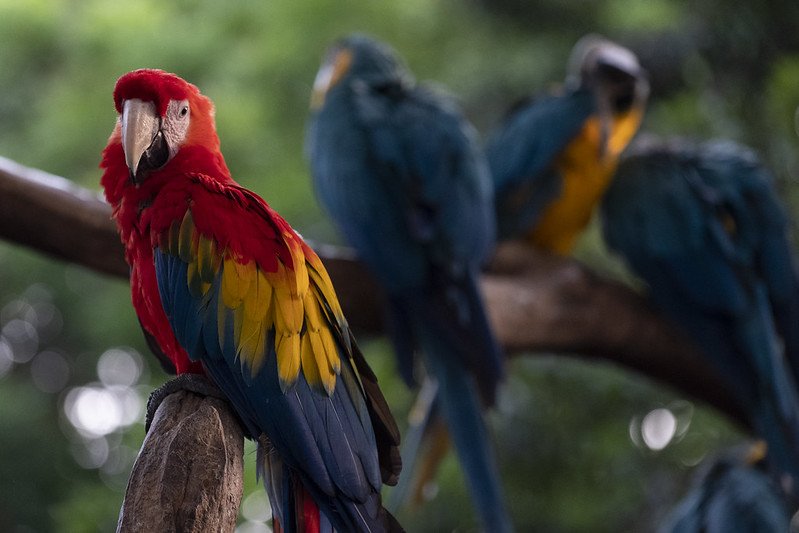
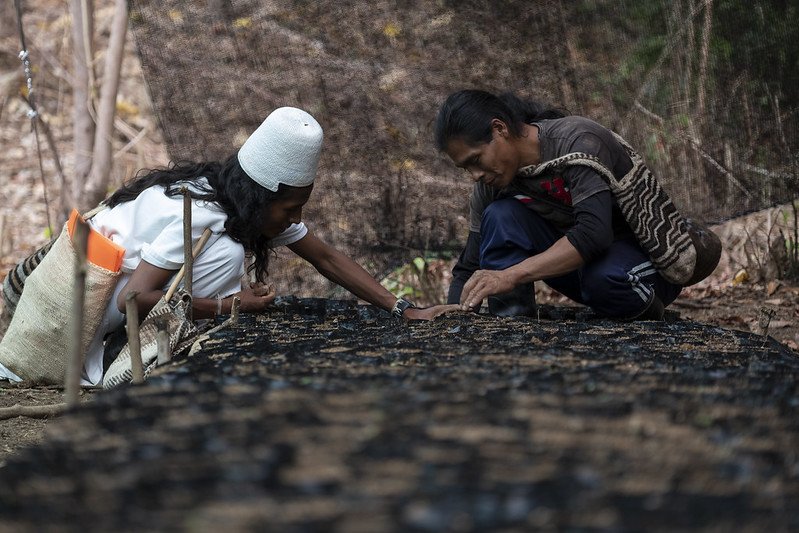
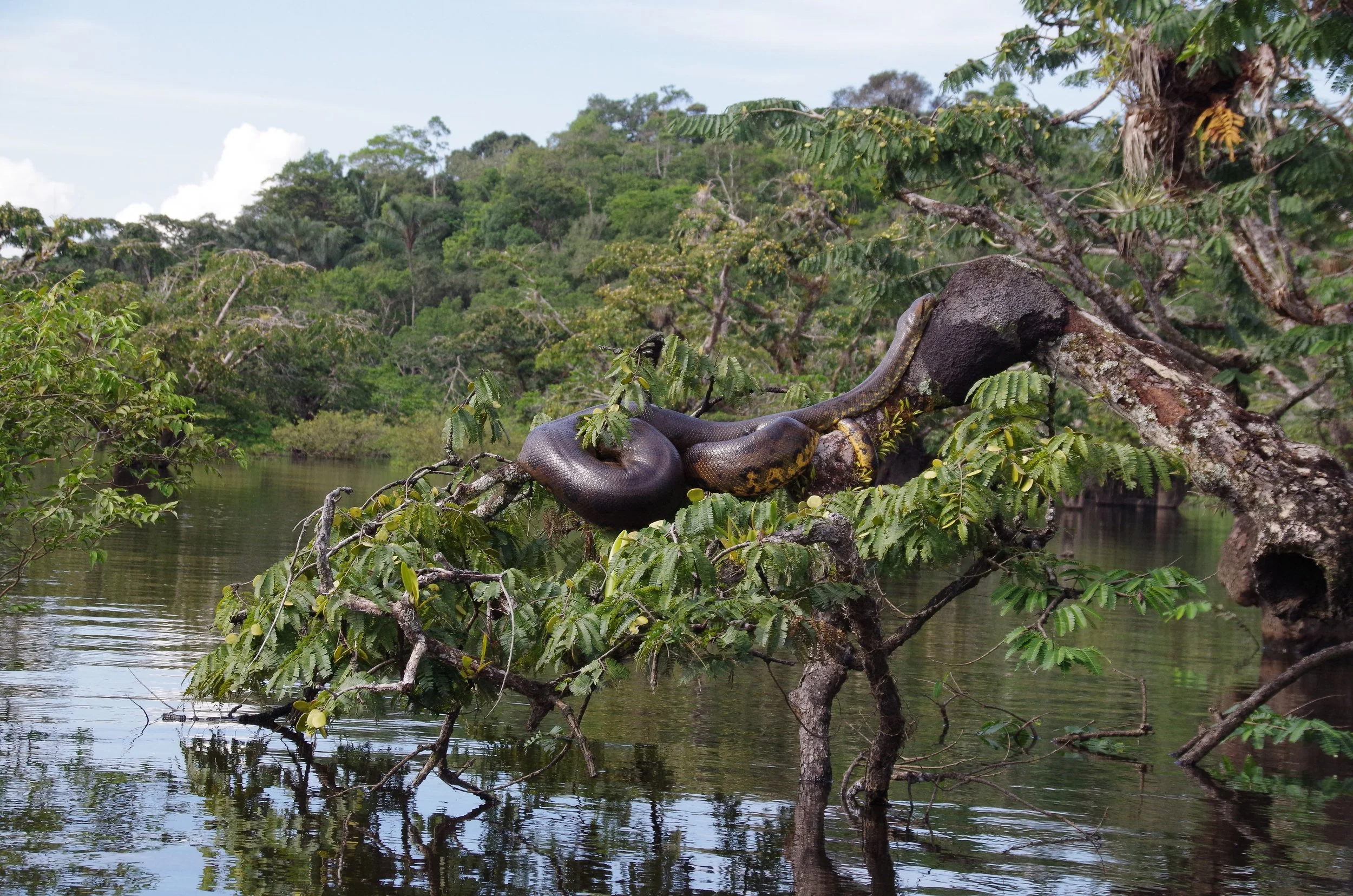
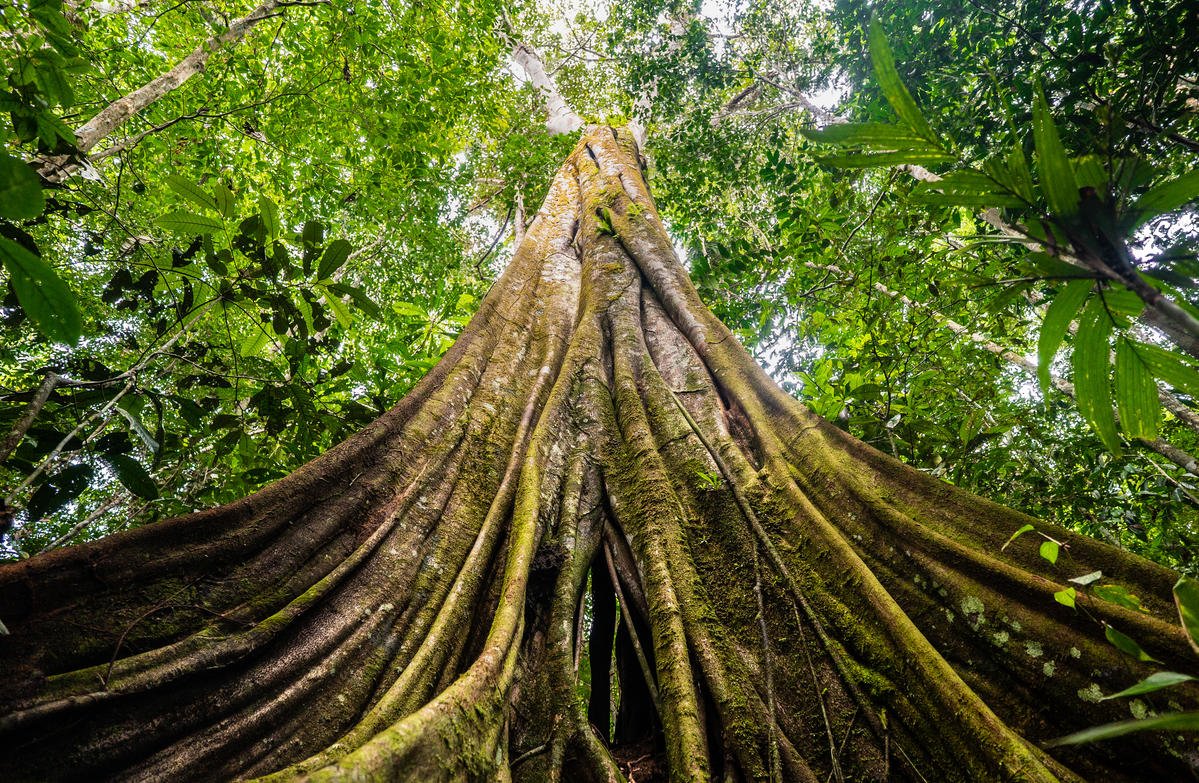
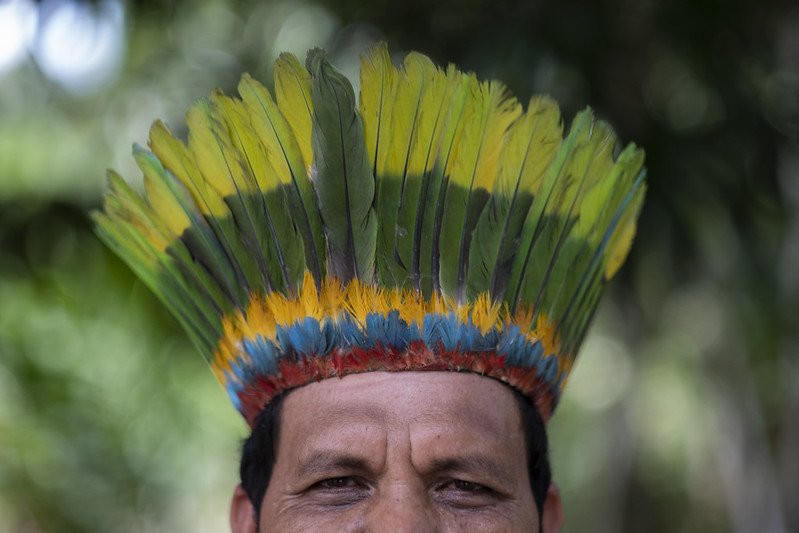
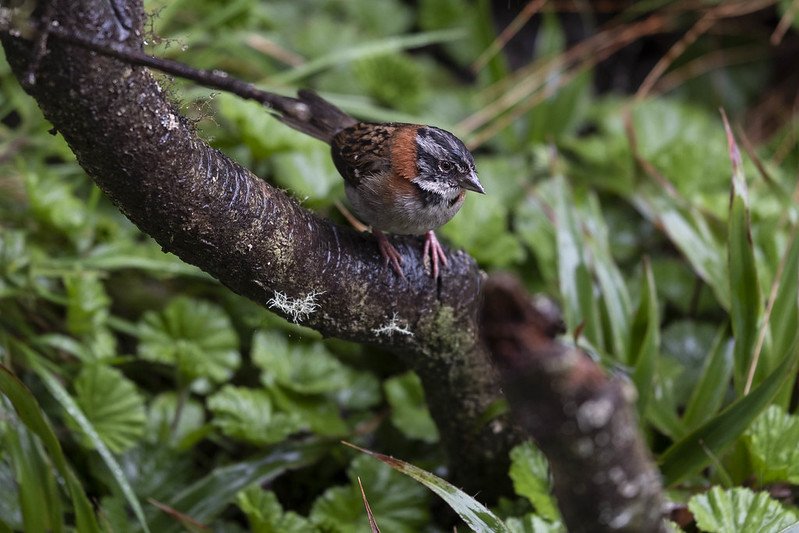
Colombia is the most biodiverse country in the world per square kilometer. Its varied landscapes range from glacier-tipped mountains to multi-colored coral reefs, rainforests, savannas, coastal sand dunes and alpine tundras. It also boasts more species of birds, amphibians, butterflies and frogs than any other place in the world.
For millennia, Colombia has been home to more than 90 indigenous communities who have safeguarded these wondrous landscapes and habitats that absorb carbon, storing it away from our warming atmosphere, and that produce the abundance of natural resources – clean air and water, food and medicines – on which millions of Colombians and the global community depend.
Carter Roberts, President and CEO of WWF-US commented on HECO: “This transaction matters because it will help finance the long-term protection of 32 million hectares of Colombia’s most treasured places. But it also matters because it charts a course for other nations to follow in financing the protection of their own landscapes and seascapes. That’s the vision behind the new Enduring Earth collaboration between WWF and our partners: The Nature Conservancy, The Pew Charitable Trusts, and ZOMALAB, the family office of Ben and Lucy Ana Walton. Together, we aim to help more countries replicate the kind of progress celebrated here today.”
The Enduring Earth partnership is committed to using the PFP approach to accelerate conservation and community development around the world. Over the last 20 years, the organizations behind this partnership have helped to raise more than $1.5 billion to complete 5 PFPs in Bhutan, Brazil, Canada, Costa Rica and Peru to permanently protect a total of 93 million hectares. The partnership has ambitious plans and aims to complete 20 PFPs by 2030, enabling more nations to achieve lasting conservation that benefits local communities and to achieve their biodiversity, climate and sustainable development goals.
Tayrona © Shutterstock / Micha Weber / WWF
HECO, like previous PFP initiatives, has made a connection between people and planet – acknowledging that placing local communities and indigenous peoples’ rights and needs at the center of conservation efforts can be achieved whilst securing the permanent protection of marine and terrestrial ecosystems and their surrounding landscapes throughout Colombia.
As a National Council member of WWF-US, Carmen is incredibly proud of the hard work that the team have put into HECO over the past 8 years and for the planning to finally turn into concrete action.
“Being part of the WWF family as a National Council member is a true honor and it allows me to play a small part in the greater impact WWF brings about. Although my donations are small compared to the total amount needed to implement initiatives such as Bhutan For Life or Herencia Colombia, I live and breathe WWF’s philosophy every day by promoting sustainable practices and supporting artisans who are helping to preserve traditional methods of production.”
– Carmen Busquets
The complete list of WWF’s public and private sector partners for HERENCIA COLOMBIA is outlined in the press release the organization issued on 23 June 2022.



